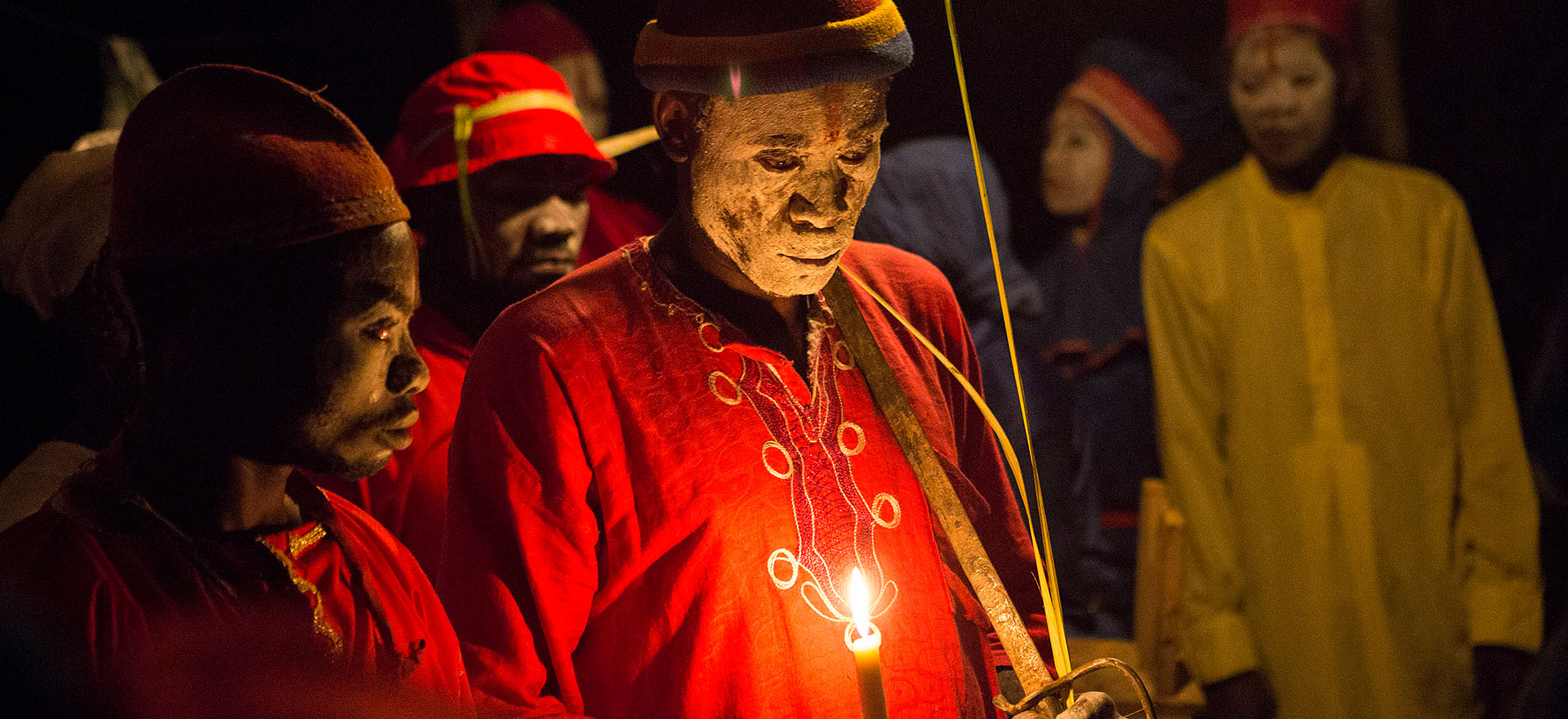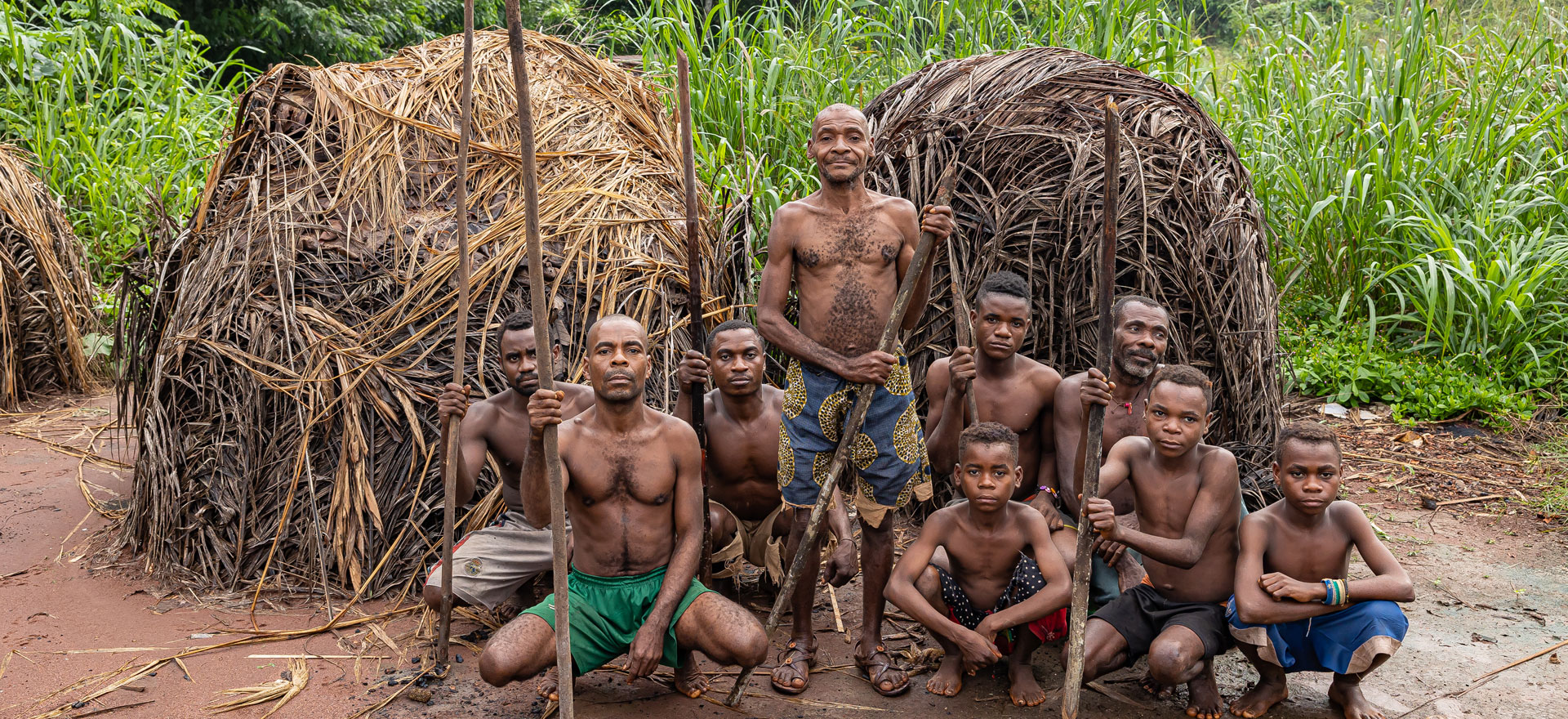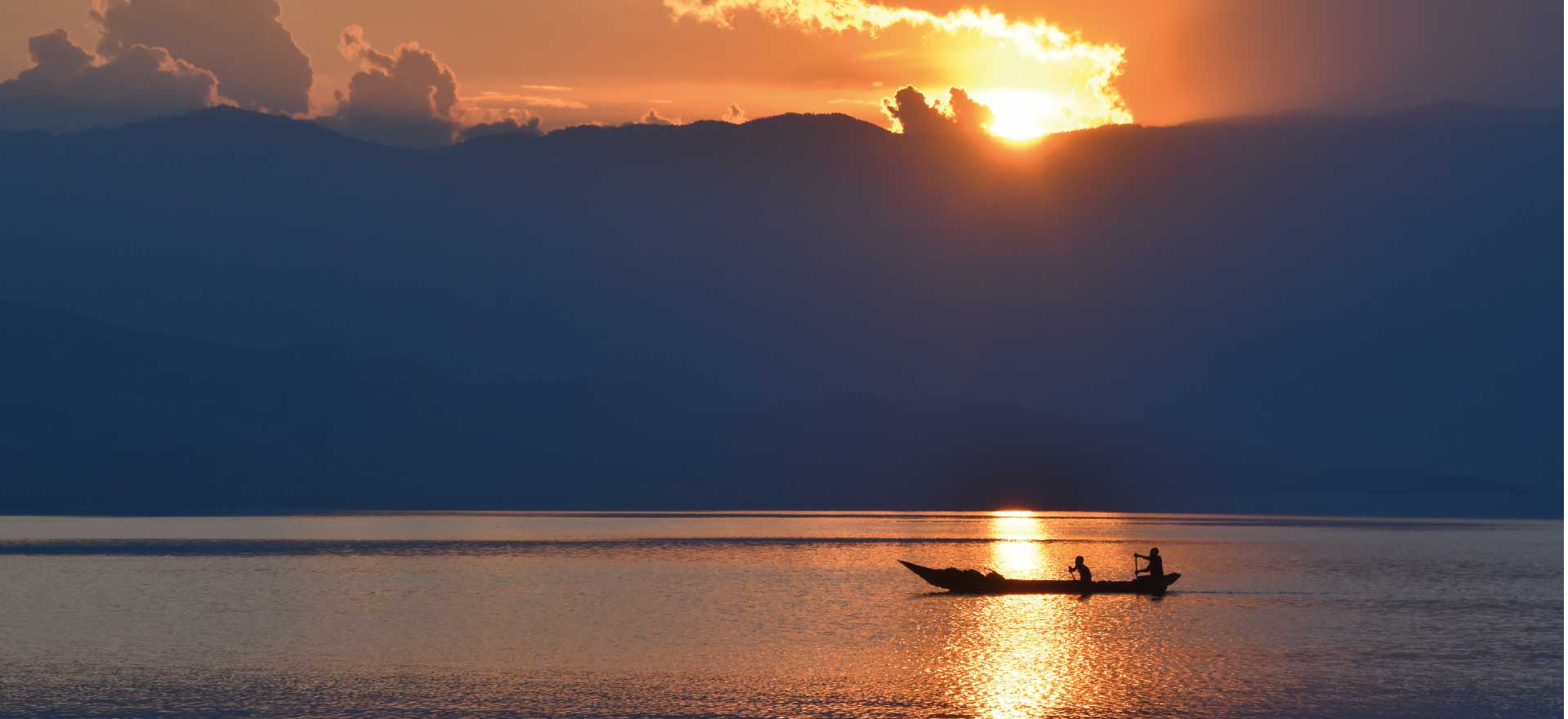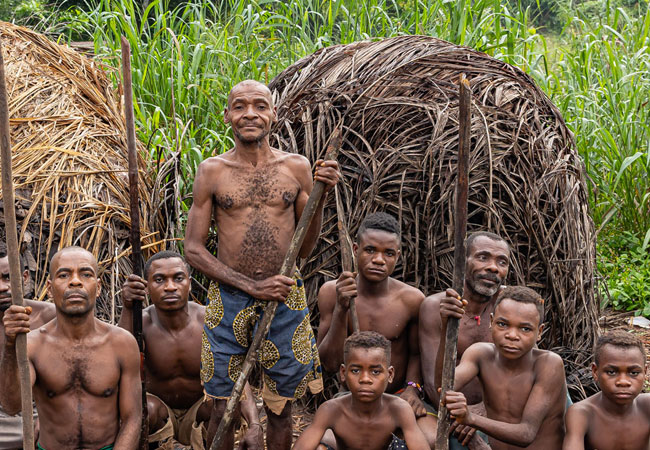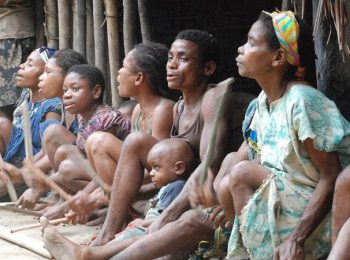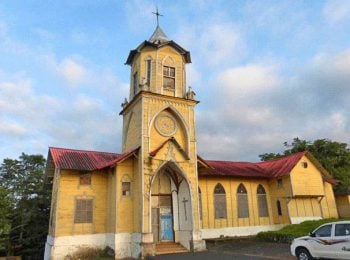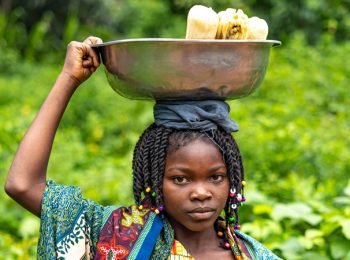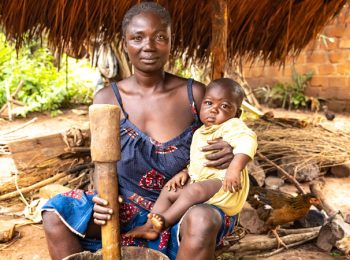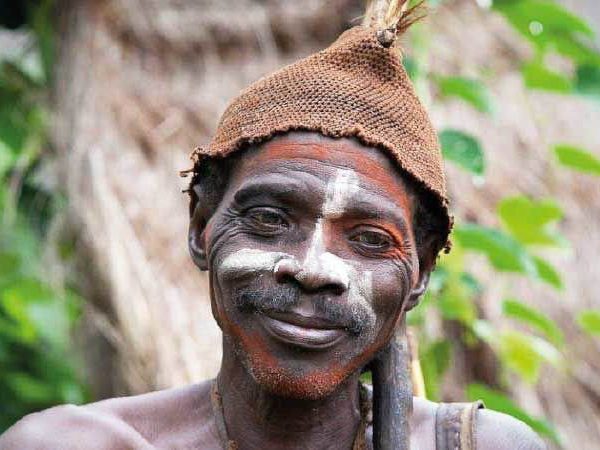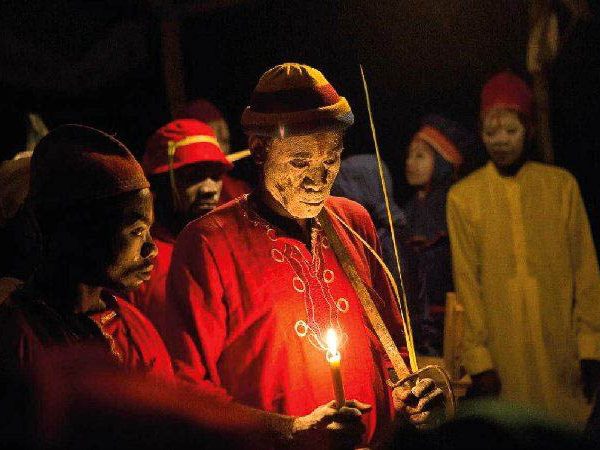Visas
Most travelers will require an e-visa to enter Cameroon, which can now be applied for online: evisacam.cm.
For the Central African Republic, we will arrange the visa and it will be included as part of this trip.
For Gabon, a visa is required for the UK, USA, Australia and most European countries excluding France and Germany. The Gabon visa application is now online but has been known to present problems so we strongly recommend that our local team apply on your behalf. Our local team can arrange an entry authorisation in advance for you, which will enable you to obtain the visa when you arrive at the airport. The cost of this processing service, payable in advance, is £85. The cost of the visa itself, payable on arrival at the airport in Gabon, is approximately £83.
You will require a visa to enter both the Republic of Congo, and the Democratic Republic of Congo. You may need an invitation letter in order to obtain this, depending on the requirements of the embassy that you apply at – we can provide this for you. Visa regulations can change however and so we recommend that you contact your nearest embassy for the most up to date information.
All travelers will require a visa to enter Equatorial Guinea, which must be obtained before travel. E-visas can be obtained through this link: https://equatorialguinea-evisa.com/
Visa applications can sometimes be complicated, and e-visa platforms do not always work as well as they might, particularly across different internet browsers and when uploading particular documents. We provide supporting documentation that you may need from us, such as hotel confirmations and invitation letters, but once you have actually made your application, our ability to get involved and resolve any minor issues (such as files not uploading) is extremely limited. We therefore strongly recommend that you consider using the services of a visa agency when making a visa application. Of course, they will charge for their services but can save you a lot of time and frustration, and are familiar with the processes and occasional quirks of visa applications. In the UK, we would recommend Travcour (https://travcour-vls.com) as a reliable visa agency.
When applying for your visa, please bear in mind that any flight schedule changes could mean that you enter and/or leave the country a day earlier or later than planned. You should bear this in mind when mentioning your entry date into the country and your departure date from the country, on your visa application.
Health and vaccinations
We are not medically qualified and so we recommend that you speak to your doctor or nearest health professional for advice concerning recommended vaccinations. For more advice on vaccinations you can also visit www.fitfortravel.nhs.uk.
A Yellow Fever vaccination certificate is required for entry to all of these countries and you must bring this with you.
Insurance
It is a condition of joining our tours that you have suitable travel insurance in place, and we cannot accept travellers without insurance. All policies differ in terms of what they will cover, but as a minimum you need medical and health cover which will cover you for the whole time that you are away. Most policies will also include cancellation cover, which will cover you if an unforeseen circumstance obliges you to cancel your trip. We recommend that you obtain your insurance as soon as you book your trip.
Please note that government travel warnings often affect the validity of your travel insurance, and you should check this with your insurance company
Money
The local currency in Cameroon, Gabon, Equatorial Guinea, Republic of Congo and Central African Republic is the Central African CFA, a currency that is shared with the countries in the region. It is not however the same as the West African CFA, and the two are not interchangeable. The Democratic Republic of Congo, however, uses the Congolese Franc, which you can obtain in the DRC. It is best to bring Euros for exchange purposes as the CFA is not obtainable outside of the region.
It’s not difficult to change money in these countries as you can do so either at banks or the hotels and your guide can assist with this. There are also an increasing number of ATMs in larger towns. However, these are not always reliable and so it is best to think of them as a backup rather than a main means of obtaining money.
Credit cards are accepted in larger hotels and better restaurants, but are not commonly accepted elsewhere.
Travel advice
We keep a very close eye on the travel advice issued by the UK Foreign and Commonwealth Office so that we can keep you up to date with any warnings. At the time of writing the FCO advises against travel to some parts of central Africa that we visit.
We work very closely with our local team and are fully confident that we can operate tours safely in this region. Should you have any concerns over safety please do not hesitate to contact us and we can address your concerns.
This relates to advice from the British government – other nationalities need to check the stance of their own governments.

